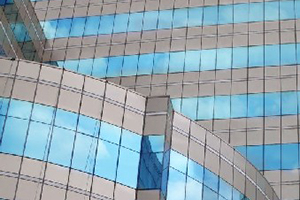Benefits
Window films are bird-friendly. Tinted building windows are more visible to birds, reducing the risk of birds crashing into buildings. This protects the population of wild birds from falling victim to such incidents.
When travelling in a car, there is a risk of damage to eyes and skin from being exposed to UV for prolonged periods. Although the risk of sunburn is not high, over the years, continued exposure to UV rays when driving can lead to premature aging of the skin. Tinted windows are able to protect passengers from the harmful effects of UV rays without limiting the view from inside the car.
Glass as a building material in place of concrete walls has become popular in recent years due to its aesthetic appeal, and its capacity to provide a feel of open space. However, the increased sunlight inside the home has negative effects of ultraviolet (UV) damage such as discoloration of fabrics, furniture, carpets and flooring. The sun’s ultraviolet rays are the main cause of fading, and our window films can counter these effects by blocking 99% of UV rays. Window films allow occupants to enjoy natural light without the unwanted effects of UV damage.
Energy consumption is reduced within installation of window film. Air-conditioning costs in summer months are lowered, as window films greatly reduce the amount of heat entering through the windows.
Window films are an inexpensive and simple way to add privacy to homes. Darker shades of films prevent outsiders from looking in, compared to clear glass. Reflective films allow daytime privacy by creating a one-way mirror effect. In comparison to other methods, such as using curtains or blinds, window films are less likely to affect the outlook of the building. They are also less expensive than using treated glass to achieve the same effect.
Glass panels, in particular those used in shop front displays and doors are at risk of damage by scratches. The cost of fixing or replacing damaged glass can be substantial. Using window films on glass protects the glass surface from minor scratches. The costs of replacing films are also much lower than replacing whole panels of glass.



